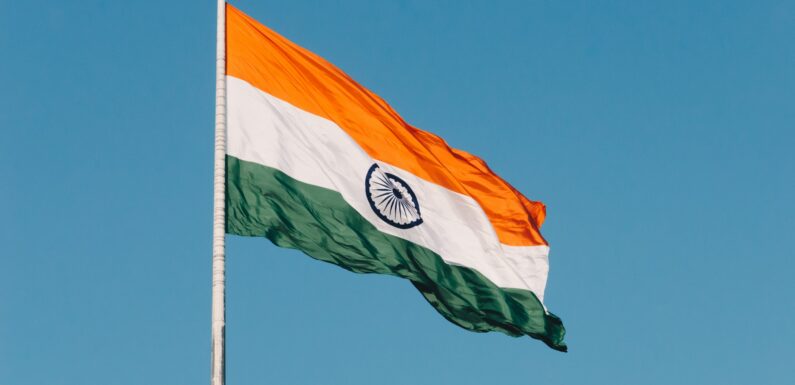
The Indian ministry of Electronics & Information Technology (MeitY) has challenged its citizens to develop a native web browser powered by crypto tokens. The ministry announced the launch of the Indian Web Browser Development Challenge (IWBDC) on 9August, in which participants will compete for the web browser.
“The IWBDC is an Open Challenge Competition that seeks to inspire and empower technology enthusiasts, innovators, and developers from all corners of the country to create an indigenous web browser with its own trust store with an inbuilt CCA India root certificate, cutting edge functionalities and enhanced security & data privacy protection features,” the ministry said in a statement.
The web browser is to have as a key feature, the ability to sign documents digitally using a crypto token. The goal is to enhance the security of transactions and digital engagements, and it will mark a significant step towards achieving India’s much sought technological independence.
India, through the Controller of Certifying Authorities (CCA), Shri Arvind Kumar, is working hard to ensure that digital certificates issued within the country are secure. Kumar is also actively contributing towards developing a robust Public Key Infrastructure (PKI) framework that would enable secure electronic transactions throughout the nation.
By integrating India Root Certificate into the upcoming national browser, India will address the issue of making the country more “Internet Resilient”, as well as eliminate the need for the Secure Sockets Layer (SSL) certificates issued by foreign entities.
India embracing technology
India ranks among the most anti-crypto countries in the world. Like Nigeria, China, and other countries, India has attempted to place a blanket ban on cryptocurrency, although the bill could not succeed.
Subsequently, the country has made laws that are discouraging to crypto traders and investors, including the 30% tax on crypto returns, which has already been implemented. In fact, it is one country that has been pressing for crypto regulation at G-20 summits, although this is yet to see the light o day.
One thing the government has admitted though, is the potential of blockchain – the technology that underpins cryptocurrencies – to be used for financial and other innovations. It seems the country is finally wake up to harness the technology for its technological advancement.
Sunita Verma, a Scientist G & GC (R&D in Electronics & IT) said digital India has positively impacted overall governance.
“Digital India has revolutionized how our nation functions, empowering citizens, boosting the economy and enhancing overall governance. As we move forward, embracing technology and promoting indigenous innovation will be pivotal in realizing the vision of a self-reliant, digitally empowered India,” Verma said in a statement.
By engaging Indian scientists in this challenge, India is taking a big step towards raising a crop of scientists that can effectively drive technological innovation that will bring about self-reliance.
$400,000 to be won
The challenge will come in three phases. In the first, 18 participants will be chosen, who will then be shortlisted to 8 in the second, and only 3 coming to the final round. The winner will receive 34 million Indian rupees (around $411,000), plus additional support for developing the browser.
Participants will be drawn from all sectors of the economy, including academia, industry, start-ups, or individuals. All interested Indian citizens are encouraged to submit an idea for the innovative Indian web browser that could cater to a global audience.



